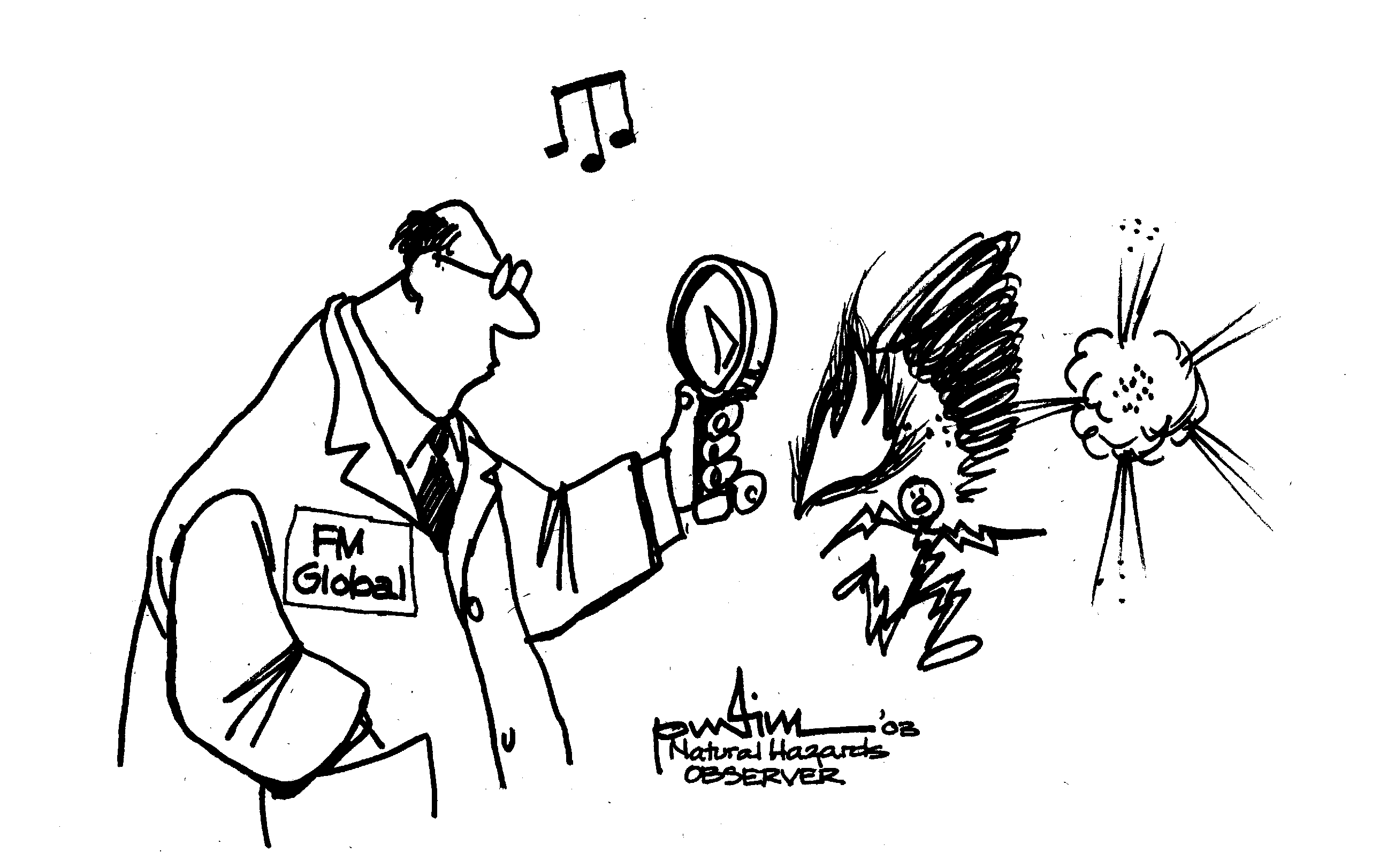UNDP, Swiss Re, and Harvard to Assess
Risks of Climate ChangeIn October 2003, the United Nations Development Program (UNDP) announced a new partnership to investigate the risks posed by climate change and loss of biodiversity that can contribute to natural disasters, the spread of diseases, and other health hazards that often hit poor communities hardest. The initiative partners include UNDP, the reinsurance company Swiss Re, and Harvard Medical School's Center for Health and the Global Environment. Together, they are establishing working groups to assess four areas: heat waves and air pollution, emerging infectious diseases, extreme weather events, and impacts on ecosystems. In part, the partnership is a response to the need expressed by many developing countries for assistance in analyzing and mitigating the impact of these risks on communities. Improved risk management could help extend disaster-related insurance to countries where it is currently not available.
When Hurricane Mitch struck Central America in 1998, it claimed 5,700 lives and inflicted $3.8 billion in economic losses in Honduras. However, nearby Belize suffered far less damage, indicating that environmental management, particularly of forests, wetlands, and coral reefs, can play a key role in reducing the toll of disasters on vulnerable communities. There is also strong evidence that climate change and ecosystem degradation can cause existing diseases, such as malaria and West Nile virus, to spread more quickly and also stimulate the emergence of new infectious diseases.
Weather-related insurance losses have increased five-fold since the 1950s, currently reaching $40 billion a year, and are expected to grow to $150 billion a year within the next decade. Although 96% of disaster-related deaths occur in developing countries, insurance against such risks is not available in almost all of those nations, making this a central issue in poverty reduction efforts.
The climate change and biodiversity risk assessment will support sound environmental management, such as restoring forests for flood and erosion control, protecting watersheds, and promoting other risk-mitigation activities. In turn this will ensure wider availability of disaster insurance and facilitate progress toward the eradication of poverty and other long-term development goals.
For more information about this initiative, see the UNDP web site: http://www.undp.org/dpa/frontpagearchive/2003/october/9oct03/; or contact Charles McNeill, charles.mcneill@undp.org; or Arun Kashyap, UNDP Energy and Environment Group, arun.kashyap@undp.org; or Victor Arango, UNDP Communications Office, victor.arango@undp.org.
FM Global Establishes Center to Study Hazard Impacts

FM Global, an international commercial and industrial property insurer, has opened a campus where researchers will conduct studies and scenario-based tests to help companies better understand the impacts of natural hazards and demonstrate how to prevent them from affecting property and business operations. The campus, located in West Glocester, Rhode Island, can recreate warehouse-sized fires, hurricane-strength windstorms, dust ex- plosions, and electrical hazards that can be studied by scientists and engineers. The research will help determine the long-term performance of building materials and the most sound ways for businesses to protect their property.
The facility houses the world's largest fire technology laboratory to enable the replication of large fires and the testing of the latest fire-protection technology. It will also include a new natural hazards laboratory capable of creating category 5 hurricane winds and launching lumber, hail, and other wind-blown projectiles at speeds up to 90 mph. The laboratory can recreate other weather extremes, such as damaging ultraviolet rays, as well as freezing, thawing, and hail. The electrical hazards laboratory is able to test explosion-proof and flameproof equipment for use in hazardous locations, and a dust-explosion bunker will allow the simulation of the devastating effects of such events.
Nearly 60% of companies report that property risks such as fires, explosions, natural disasters, and mechanical and electrical breakdowns pose the greatest threat to their economic viability. FM Global notes that more than one-third admit they are not prepared to recover from such a disruption. More information about the new center is available from FM Global, 1301 Atwood Avenue, P.O. Box 7500, Johnston, RI 02919; (401) 275-3000; http://www.fmglobal.com/about/campus/campus.asp.
Table of Contents for This Issue of the Natural Hazards Observer
Index of Past Issues of the Natural Hazards Observer
Natural Hazards Center's Main Page